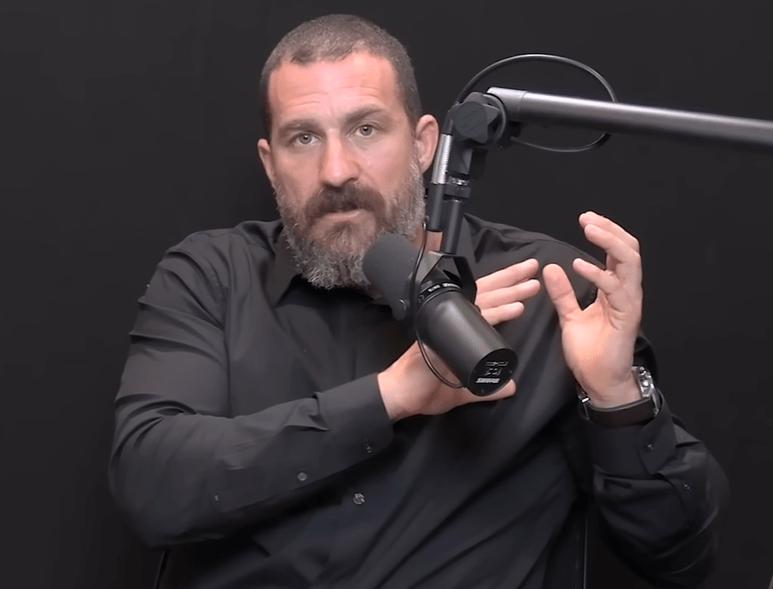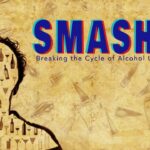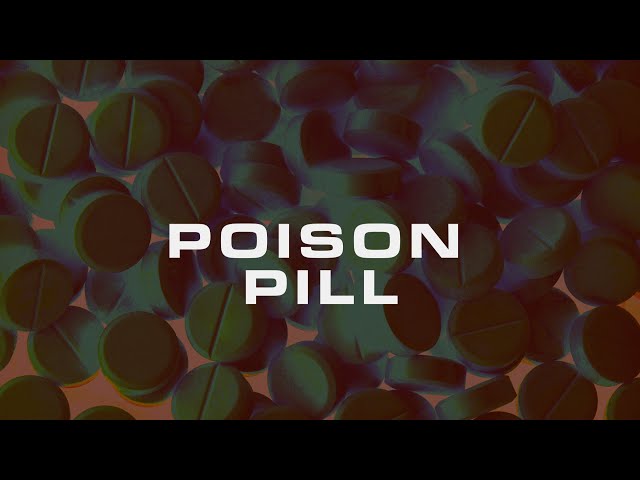Introduction
This podcast with Dr. Andrew Huberman, a professor of neurobiology and ophthalmology at Stanford School of Medicine, discusses what alcohol does to your body, brain, and overall health. Some topics include (1) the physiological effects of alcohol on your brain and body, (2) genetic differences that predispose some people to alcoholism, (3) alcohol metabolism and how it acts as a poison, (4) the impact it has on neuronal functioning, thus changing our thinking and behaviour, (5) the impacts on inflammation, stress, neurodegeneration, gut microbiome, brain thickness, mood, and more. It is a 2-hour podcast that dives deep into this topic and provides an interesting and easy-to-understand look at how alcohol effects your brain and body.
Watch Now!
After watching the following video, you are welcome to share your experience by providing a review of the resource.
Quotes
“When you drink alcohol, it can pass into all the cells and tissues of your body. It has no trouble just passing right into those cells … it can pass into so many organs and cells so easily.”
“When people drink, the prefrontal cortex and top-down inhibition is diminished, that is, habitual behaviour and impulsive behaviour start to increase … because the brake on those behaviours has been removed while they’re drinking, but also changes in the very neural circuits that allow habitual and impulsive behaviour to occur more readily even when they’re not drinking.”

“I think most people don’t realize that being drunk is actually a poison-induced disruption in the way that your neural circuits work.”
DR. ANDREW HUBERMAN
“When we ingest alcohol, the toxic effects of alcohol disrupt those mood circuitries, at first making them hyperactive. This is why people become really talkative, people start to feel really good after a few sips of alcohol, at least most people do.”
“The hypothalamic-pituitary-adrenal axis maintains your physiological balance of what you perceive as stressful and what you don’t perceive as stressful … experience increases in cortisol release from their adrenal glands when they are not drinking, and as a consequence, they feel more stressed.”
“So for those of you that are drinking a glass or two of wine or having a hard liquor drink or a beer in order to fall asleep, the sleep you’re getting is simply not high-quality sleep, or certainly not as high-quality as the sleep you’d be getting if you did not have alcohol in your system.”
Continue Learning
Please view the following additional resources to continue learning about some of the topics discussed in this resource. If you have any suggestions, concerns or general comments, feel free to contact me as well!





